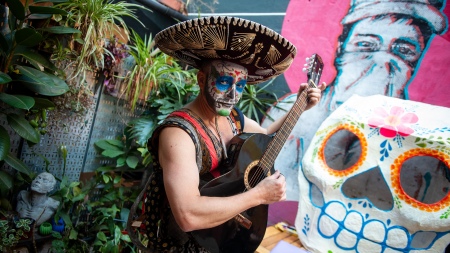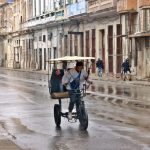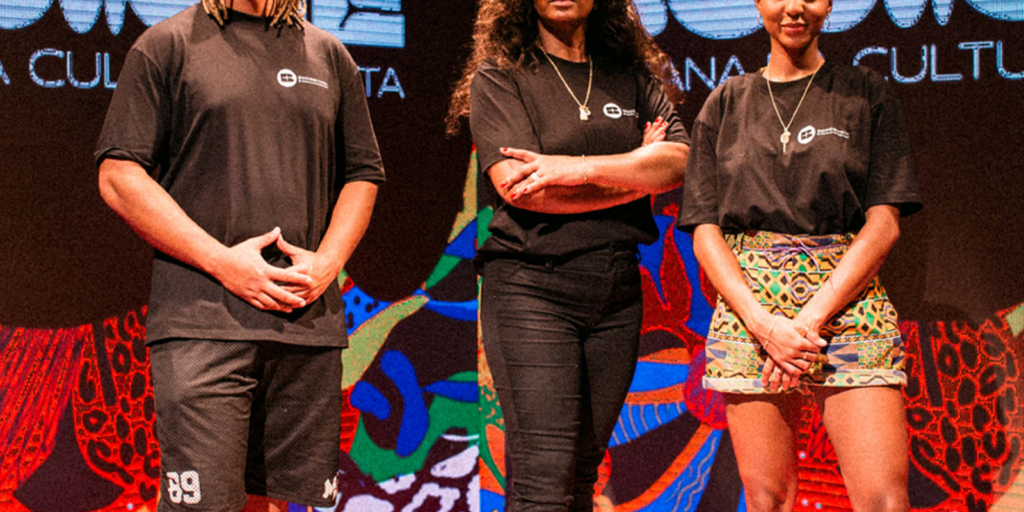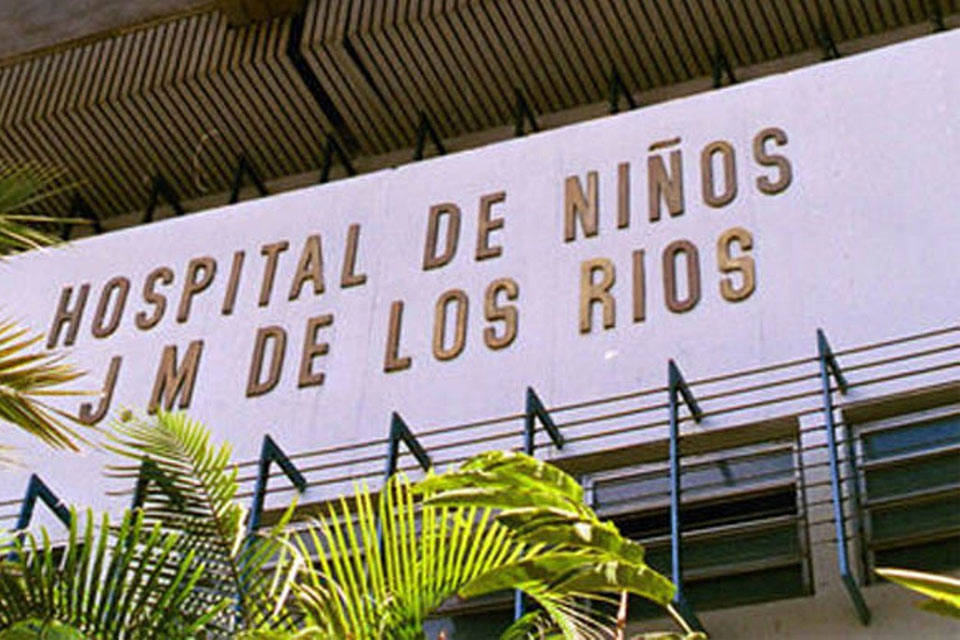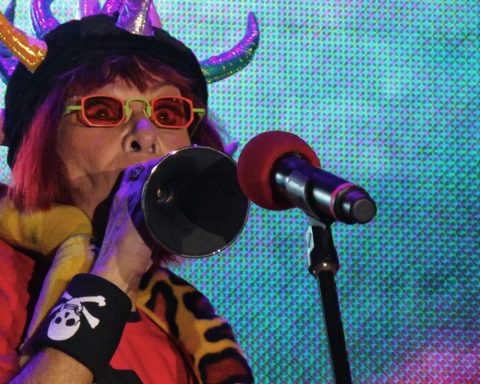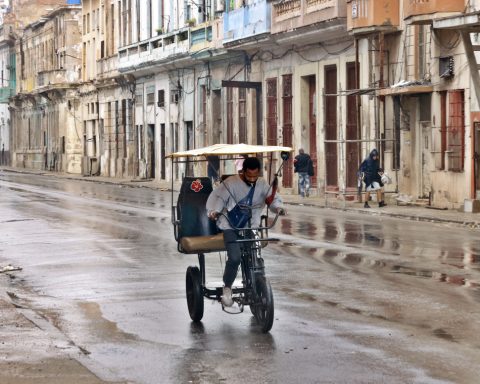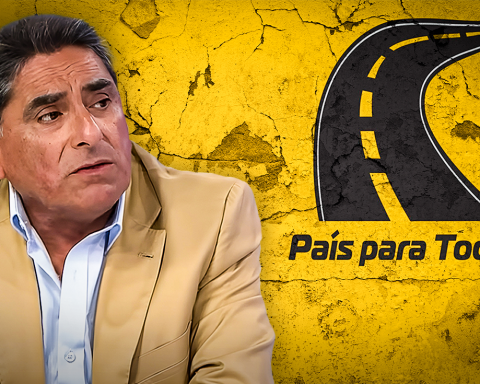Artistic groups celebrated this Saturday the “Day of the Dead” or the Faithful Departed, following Andean and Mexican traditions, with the assembly of altars and the presentation of different rituals, fairs for artisan entrepreneurs, workshops for children, oral narrations and ancestral dances .
The proposal was led by the group “Somos Calaveritas”, a group of migrant artists, women and dissidents, which for the fifth consecutive year held its “Day of the Dead” celebration at the Víctor Jara Cultural Center in the Parque Patricios neighborhood with an audience that filled the facilities up to the front door.
“The objective of organizing this festivity year after year is to be able to share all those Latin American roots as well as embody and inhabit ancestral beliefs and celebrate our diversities”Corina Rojo, one of the Mexican references, in charge of organizing the commemorative altars, explained to Télam.
“Although it seems a contradiction, it is not about praising death but about celebrating life, exalting that the passage through this world has not been in vain,” he added.

The artisan from Guadalajara, who has lived in the country for 15 years, explained that “these traditions are pre-Hispanic, with strong popular roots, and in Mexico there are towns where this celebration is even more important than Christmas.”
The idea of the organizers is to carry out this celebration on an itinerant basis, which they have been doing since 2018, although during the pandemic, like everyone else, they had to resign themselves to being virtually.
The Mexican Erika León, also a member of the organizing group of the event, expanded: “The celebration is ancient, Mexico has 68 languages, sometimes different ethnic groups combine traditions with a different worldview, with a secrecy that was already present in the original peoples.”
“Here in Argentina it is commemorated in Jujuy and Santiago del Estero, but it was not easy to install a foreign tradition that has nothing to do with the commercial festivities of Halloween or with Disney movies,” said León.
(Photos Cris Sille)
The Day of the Dead is an ancestral tradition in Mexico and in the Andean communities, which comes from the Catholic celebrations of the Day of the Dead and All Saints, which are commemorated on November 1 and 2, which celebrate the return of the dead. deceased who live with the families during that day and enjoy the food of the offerings and the altars of the dead.
“In this worldview, death is considered a passage to another plane and is not considered an end, what has value is to remember and rescue identity”highlighted Alex Cuéllar, who came from Bolivia as an Aymara spiritual authority.
On this day in Mexico and the Andean communities celebrate the return of the deceased who live with their families and enjoy the food of the offerings and the altars of the dead.
“It’s more about remembering and rescuing identity,” Cuellar said.
“The key is to cultivate memory, ancestral identity, not to be ashamed of our history but to retrace it. Being in contact with our ancestors strengthens our identity, on these dates we evoke our deceased grandparents, summon them and they will be present, it is the cycle of life,” he said.

And, he reflected: “Vibrate with the intangible, with those who fought for diversity, for them we are here today, because they are also part of our culture, our culture speaks of life, evoking death.”
Mírela Vega, an artisan from Bolivia, commented: “We intend to honor life and those who are not here on these dates, commemorate their legacies, be in contact with our mother earth, the Pacha-Taika, without false slogans, we need more humanity.”
At the show there was a sale of “tantawawas” (bread children), Bolivian api (typical Andean drink), Mexican dead bread and “chilaquiles” (typical Mexican dish). folk trio of jaranas and chonta marimba, lioness and voices, among others. Folkloric groups such as Munay Pacha, of traditional Bolivian dance, and the Elementadas duo of earth dance, also performed.
At the closing, the soundtrack “Andean Music for All Saints” was presented, a musical group that honors their dead in different cemeteries for these dates.
In the end, in a statement from the Mesa del Aya Mark’ay Quilla, a group of teachers demanded the “protection of immigrants with their cultures, demanding that this year the traditional ceremonies of indigenous and migrant communities be respected to bid farewell to the souls of their deceased, without stigmatizing this celebration”.
